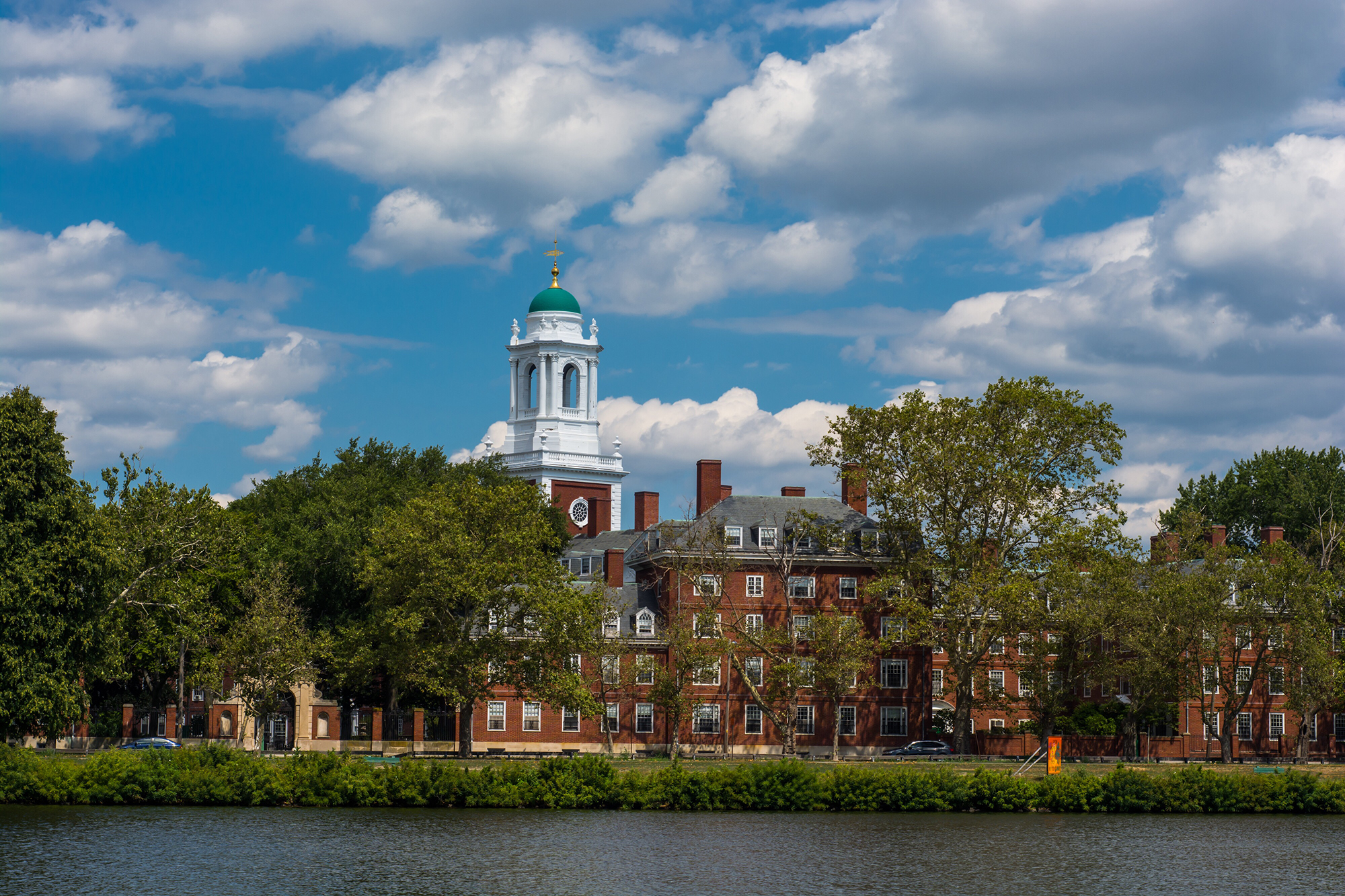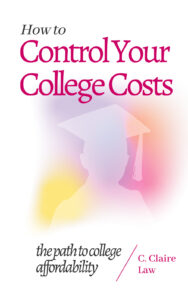Harvard’s Dean of Admission, Bill Fitzsimmons, is known to have said that it’s the students that make that school a special place. Many families fall for the illusory benefits of a “name” school and may encourage their children to apply to the most selective schools they can get into, with the hope that their children will become successful. In fact, students will become most successful at schools where they can grow from where they are, and graduate with a sense of agency, resilience, and self-confidence.
When you look at kids who train very hard for a sport and don’t make it big, do you wonder why? Michael Phelps is arguably the best Olympic swimmer but if you look at his body you will notice his enormously wide arms and long hands. His body is made for swimming. You could train faithfully every day, put in the 10,000 hours that Michael Gladwell says are needed to become an expert, but don’t be surprised if you don’t get to the Olympics!
Commercials sell us many illusions. For example, advertisements for beauty products show models with perfect skin. The viewer may fall for the illusion that if they bought Oil Of Olay, or some such cream, they would gain smoother skin. But it’s all an illusion. Those models were born with good skin (and if they had a pimple, it would be expertly covered by layers of make-up.)
Likewise, some students are “made” for Harvard or other selective schools. Note I said “made for” which means they fit in there for various reasons. From where I sit, those applicants are high achievers academically, and have completed so many AP classes that they practically have a Bachelor’s degree already. They’re academically talented. In addition to splendid academics, these students have some additional quality, or “hook”, that makes them stand out. For example, my former student was the valedictorian AND an athlete.
When I visited Harvard earlier in November, I noticed that quite a number of these students are interested in social studies. Not unusual for a liberal arts college. Many will likely continue to graduate school. A student from NJ was 80% sure that he loved History when he was in high school. When he got to Harvard, he became 100% sure that History was his thing. His professor amplified that passion in him that was already lit. I asked him what he would do with it, and he replied: “become a professor.” I don’t come across many students who tell me right off the bat that they would like to teach in college.
Another student came from a different geographic region and was a leader in her state student council association, working for racial justice, which was what she was passionate about doing anyway. These students didn’t rise to the top because they wanted to get into Harvard. They did it because they were passionate about something and pursued it to the nth degree. If they didn’t get into Harvard they’d be just as successful somewhere else. Harvard is not making them passionate or smarter. They were already smart, caring, and passionate to begin with.
These students are well-rounded but also angular in a particular area. For example, they have singularly developed some talent or characteristic that makes them stand out. They rank at the top of their class AND are the kicker on the football team, AND, have worked 15 hours a week to help their parents pay the bills, AND, play an instrument at concerto level, or are already successful in some particular field, from research to acting to writing.
Many expensive colleges tout their students’ success by listing their employment statistics and presenting a rosy picture of their future. They’d better do that given what they charge! Parents may buy into the illusion that a higher-ranked university may offer more opportunities to their children. In my experience, students need a safe space where they can learn at a pace that works for them, without being overly stressed. Students need to feel in sync with the curriculum, vibes and culture of the campus. When they feel comfortable being who they are they can develop a sense of belonging and self-efficacy to enable them to reach their goals.
- Claire Law, M.S. IECA Certified Educational Planner is a resident of Daniel Island since 2004. She helps students in their junior year of in high school identify their best-matched colleges. www.eduave.com


